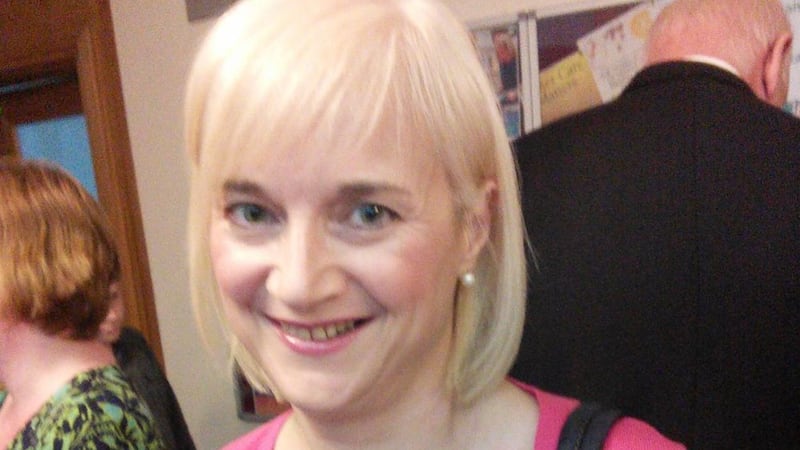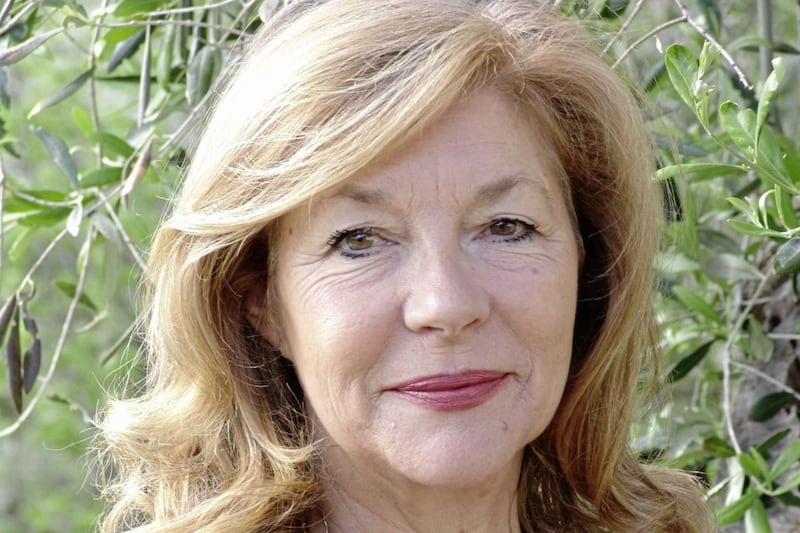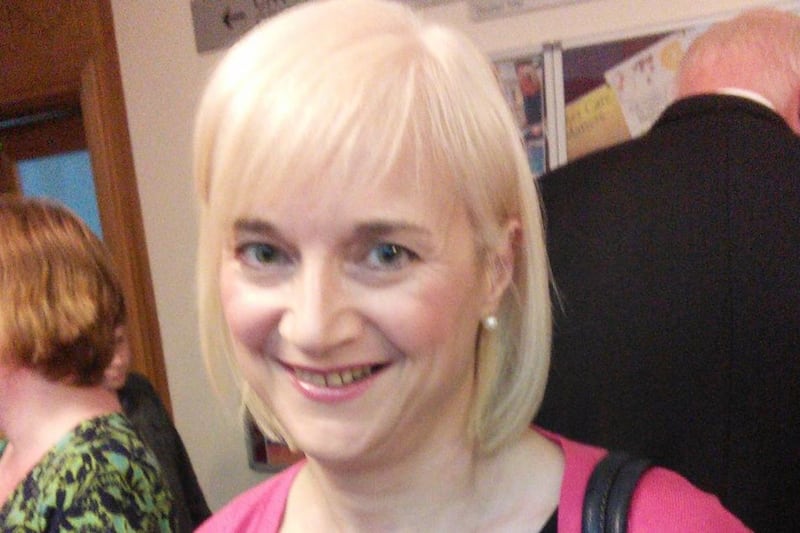PROVING that you can have more than one career and that you can become a published writer at any age is 53-year-old Bangor-born author Tanya Ravenswater.
She left Co Down at the age of 18 to study modern languages at the University of St Andrews in Scotland; she later trained as a nurse at Edinburgh Royal Infirmary before retraining and working as a bereavement counsellor. Then she began to write fiction.
Ravenswater has published a collection of short stories for women, and was the winner of the 2014 Cheshire Prize for Literature.
This month sees the publication of her debut novel, Jacques – a coming-of-age story about a young French boy’s struggle to find his place in the world.
Orphaned and forced to move to England to live with his guardian, the pompous and distant Oliver, Jacques becomes part of the Clark family as the years pass.
But his feelings for Oliver’s daughter Rebecca begin to surpass mere sibling affection – a development that has the power to bring them together, or tear the family apart.
At what age did your first work get published?
When I was in Primary 7 I had a poem – a moody piece about the school playground – published in a local paper. As a student nurse in my 20s I had a clinical article about acute intestinal obstruction published in a professional journal.
Do you think your former careers as a nurse and bereavement counsellor make you a better writer?
Part of my rationale for making a shift from nursing to counselling was because I was drawn to focus more on psychological support. However much I valued physical care, I also wanted to be able to stop and concentrate more on listening to people and somehow get across to them that I could imagine things from their point of view. I do think my work background has added to what I bring to writing. I’ve been exposed to a wide range of people who trusted me enough to talk about their feelings in depth and I learned from them about how they coped with crises and losses.
Tell me about your Modern Fairy Tales For Grown-up Girls ebook?
Intended to be darkly humorous, playful and slightly larger than life, the stories are about apparently helpless women who find ways of transcending their expected selves and their constraining situations and relationships.
What was your inspiration for Jacques?
I studied French at university and worked in Paris as an au pair in my late teens – one of the families I was with lived in Neuilly-sur-Seine, where my main character Jacques comes from. Also, before I started to write the story, I’d been impressed by Knulp, German Herman Hesse’s story about a lone wanderer searching for a sense of meaning. Hesse’s novel has a charm and uplifting quality while exploring significant philosophical themes. In writing Jacques I wanted a similar kind of balance – to create something thought-provoking and enjoyable. Overall the writing rests on core themes that inspire me: how awareness of death can accentuate the value of life, the importance of love, friendship and how art, music and a person’s own creativity can sustain them.
If Jacques was made into a movie, which actors would you cast?
For Jacques, I think someone with an emotional range and intensity such as a young Matthias Schoenhaerts. I could see Emma Watson as Rebecca, Helen Mirren or Kirsten Scott Thomas as Anna and an older Daniel Craig as Jacques’ guardian Oliver?
How do you approach writing a new story?
My house and bags are full of notebooks as it’s important to capture the details of fresh ideas as they occur to you. Compared to some writers who thoroughly map their plots in advance, I do tend to be on the character-driven side, visualising them in a landscape or other setting, asking questions and listening.
What is your advice to budding writers – no matter what age they are?
Enjoy writing first for the sheer pleasure of using words and expressing your own perspective. Write about what strikes, moves and really interests you. Discover your own voice and trust your own style. Listen openly to feedback and advice and use what you think improves your work.
:: Tanya Ravenswater will be speaking at New Voices as part of the Aspects Literary Festival at Bangor Castle Walled Garden on Friday September 23 at 5pm. Aspectsfestival.com.






